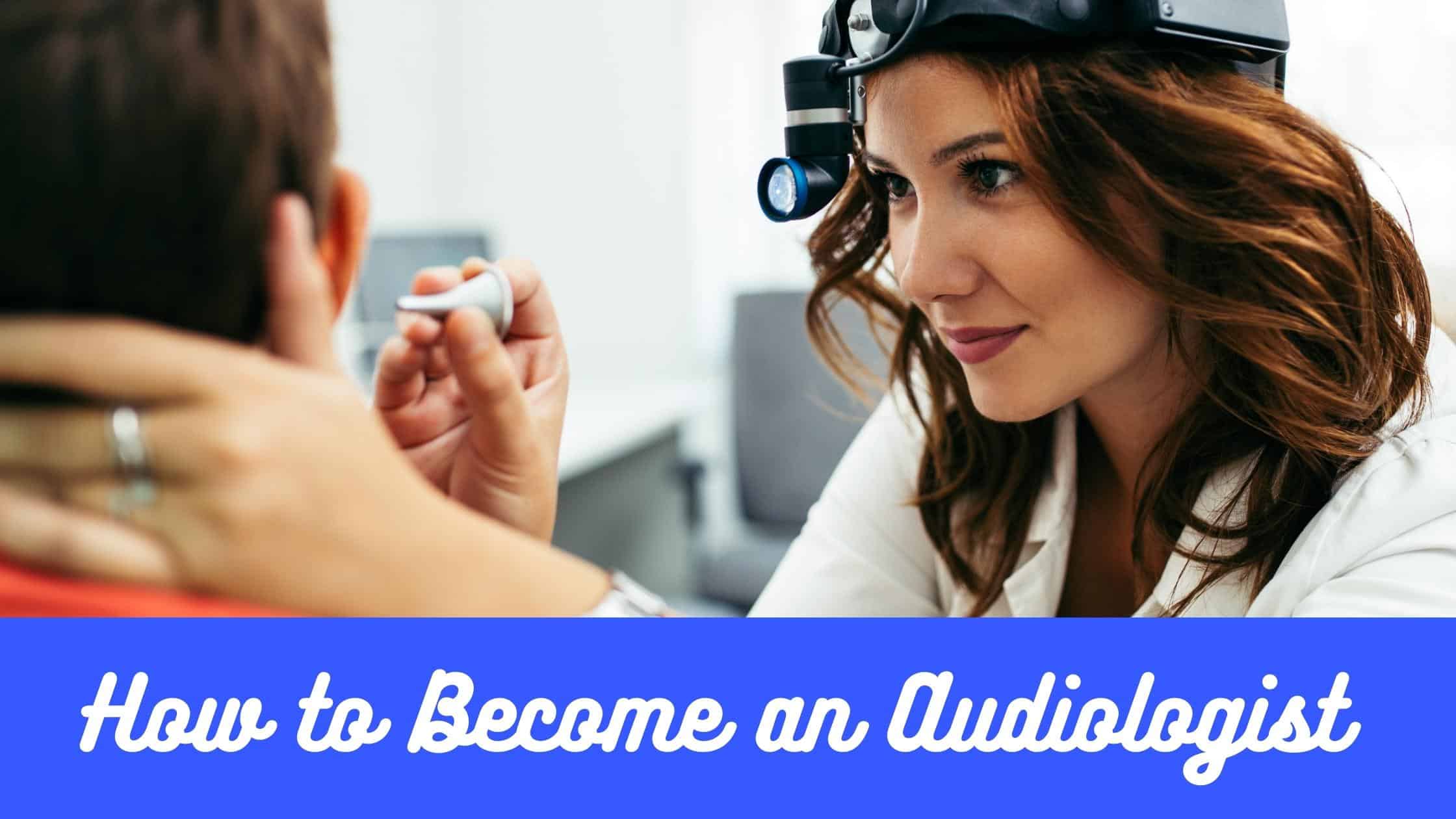
Diagnosing and treating hearing loss can have a huge impact. People who find the right treatment often report huge improvements in their quality of life.
That’s because living with untreated hearing loss comes with a lot of challenges. Hearing loss makes it hard to stay socially active or connect with family and friends. Living with hearing loss is also closely linked to social isolation, loneliness, and even rapid cognitive decline.
Finding the right treatment option can make all the difference in the world. So who diagnoses hearing loss and helps people manage the symptoms of hearing loss?
What Do Audiologists Do?
Audiologists are trained professionals who focus on hearing health. These healthcare professionals identify and treat hearing loss. They can also treat balance problems and other hearing-related health concerns. Treatment options can include hearing aids, cochlear implants, and aural retraining therapy, just to name a few.
Some audiologists specialize in pediatric hearing health, while others focus on geriatric audiology. Audiologists can also specialize in treating auditory processing difficulties. Regardless of their area of expertise, audiologists share some core values. They’re committed to helping each patient hear clearly, and overcome any hearing challenges they face.
Every audiologist has at least one story of a patient getting emotional when they find the right treatment option. Patients share stories of amazing moments when they could finally have a real conversation with their loved ones, after years of living with hearing loss. Being an audiologist is rewarding, and every day is a new opportunity to change someone’s life.
How to Become an Audiologist
Audiologists go through rigorous training. It starts with a bachelor’s degree, followed by a degree in audiology. This degree is usually four years long.
During university, audiologists complete extensive coursework to learn everything there is to know about the auditory system. They also receive extensive training in hearing problems and develop the expertise to spot hearing health concerns. Audiologists also learn how to diagnose and treat various balance disorders.
Audiologists also learn to assess different treatment options and recommend the best treatment for each patient. Because hearing is so complex, most audiologists choose a major or an area of specialization, for example focusing on communication disorders or aural rehabilitation.
Typical coursework and required skills include:
- Learning the anatomy and physiology of the hearing and balance systems, including the outer, middle, and inner ear systems.
- Studying the auditory nerve, the auditory centers in the brain, and other neural processing.
- Classes on amplifying sounds.
- Diagnosing balance disorders.
- Treating balance disorders.
- Testing hearing.
- Understanding the science of acoustics.
- Learning aural rehabilitation.
- Developing clinical skills and competencies, like how to take a detailed health history, perform a physical exam, and develop great communication skills.
Once out of school, audiologists need to get a state license to practice in the state. Most audiologists also have certification from a professional organization like the American Board of Audiology or the American Speech-Language-Hearing Association.
What to Expect When Entering the Field
When you think of an audiologist, your mind probably goes to the audiologist who tests your hearing and recommends hearing aids. But audiologists do a lot more.
Audiologists don’t just fix problems. Hearing loss isn’t really something you can fix. Instead, audiologists work with patients to find ways to treat hearing loss and cope with changes in their life. Audiologists often counsel their patients, offering emotional support and advice on how to adjust to life with hearing aids or a balance disorder.
Audiologists also work tirelessly to prevent hearing loss. Hearing loss isn’t inevitable. In fact, some types of hearing loss, such as noise-induced hearing loss, are completely preventable! Audiologists partner with others across the country to raise awareness about hearing health issues. They encourage hearing protection and help people understand the dangers of loud noise. Industrial audiologists work in the manufacturing industry, developing protocols that will protect workers’ hearing.
Audiologists also work alongside other professionals. They collaborate with educators to help children with hearing loss thrive in the classroom. They also work with ENTs occupational therapists, speech-language pathologists, and other professionals to provide the best possible care to their patients.
Learn more about how audiology can help reconnect you to the sounds of your life by talking to our audiologists at My Hearing Centers. We have years of experience in audiology and offer you the best in hearing healthcare!
